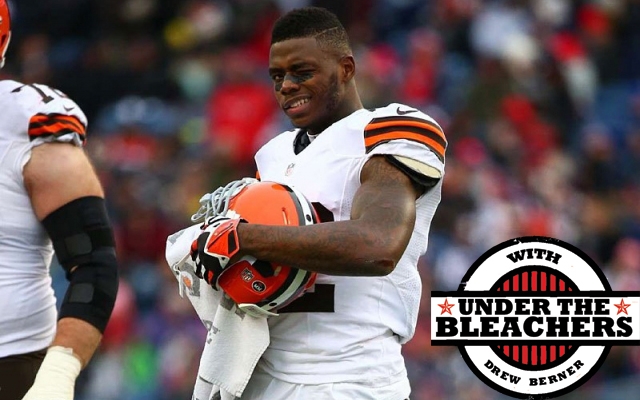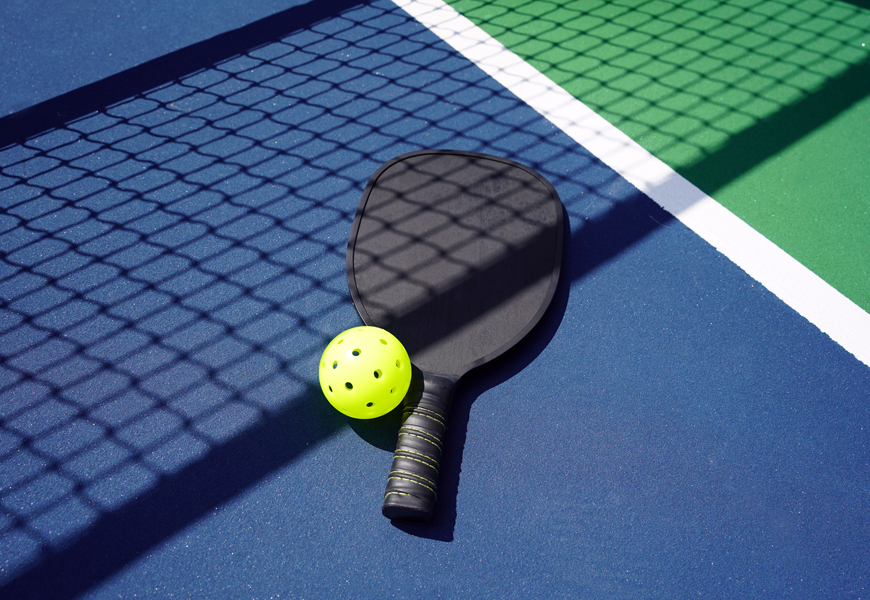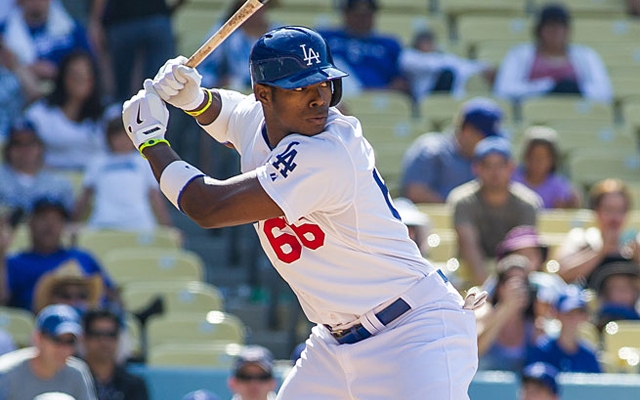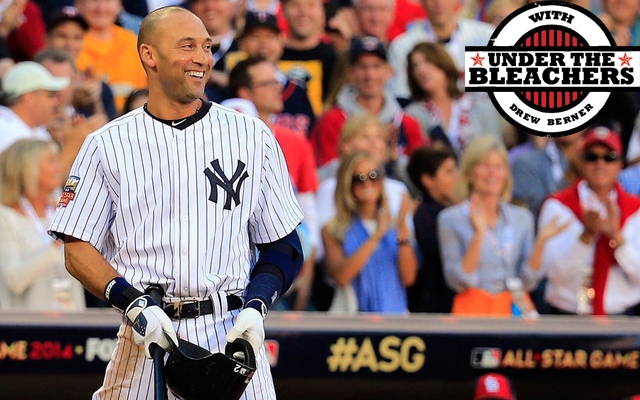When Johnny Manziel, the quarterback prospect and most popular rookie going into the upcoming NFL season, takes the field for the Cleveland Browns for the first time, his team’s best receiver will be watching the game at home—and all because of a little pot.
Browns wide receiver Josh Gordon currently faces a season-long suspension after testing positive for marijuana. It’s his second failed test, his first earning him a two-game ban and enrolment in the NFL’s nearly inscrutable substance abuse program. Gordon deserves plenty of blame for his predicament, knowing the rules and still getting caught more than once, but the rules themselves are the real problem.
The NFL’s policy on marijuana is the most stringent in North American team sports. They have the lowest threshold—MLB players would need more than three times as much THC in their system to trigger a positive—and the heaviest punishments—if Gordon played in the NBA he’d have to test positive a third time to face any consequences, and even then he’d miss just five games.
Not only does the NFL desperately need to update its outdated drug policy, frankly, it shouldn’t test for marijuana in the first place.
Last season Gordon emerged as one of the elite wide receivers in football, leading the league in receiving yards despite having to catch passes from a series of second-rate quarterbacks. With Manziel on his way to Cleveland, Gordon’s performance had nowhere to go but up.
But now that the league has caught one of its brightest young stars in Gordon, they’ve painted themselves into a corner where they have to hurt a team that finally seems to have a future after decades of failure. And to what end? There’s no ridding the NFL of marijuana users—one former player estimated half of the league’s players smoked pot, saying even that was significantly lower than when he started playing in the ‘80s.
The league seems to have no issue with handing out highly addictive painkillers, sleeping pills and other controlled drugs that have more serious effects than pot. A group of former players filed a lawsuit against the NFL this week claiming the league doped them up with piles of pills in order to keep them on the field every week, and that they’ve since had to deal with addiction and permanent impairment from playing through serious injuries. So keeping weed away from football can’t be a matter of protecting the players.
No, it’s about image. It’s the same reason none of the other major leagues will come out and say they don’t care if their players get high—the NFL doesn’t want to be the first league to announce formally that it won’t police pot use. No one wants to become the flag-bearer for stoners, risking endorsements and advertising dollars. The NHL is probably the closest to formally permitting marijuana use as it has no official punishment, though it does still test for pot
But the NFL is by far the most lucrative league in North America, pulling in somewhere around $10 billion a year, which gives it leverage no other league has. It could lose a couple million here and there, but would have so much more to gain from having its best players doing their jobs week after week.
The league and its players’ association are currently working to finalize the details of a drug policy that would finally add human growth hormone to the list of testable and prohibited substances, so now is the perfect time to put pot on the table. The players don’t want weed banned, the owners don’t want their best players suspended, so replace it with an actual performance-enhancing substance in HGH. There are whispers that league officials are considering relaxing the rules a bit—and denials that that’s the case—but relaxed rules don’t go far enough.
Johnny Manziel may become the great quarterback of his generation or another in a long list of draft busts, but he deserves to have all his healthy teammates on the field with him, even the ones that smoke weed.












